In-depth Review and Critical Analysis of God of Ruin by Rina Kent
Introduction
God of Ruin, the fourth book in the Legacy of Gods series by USA Today bestselling author Rina Kent, presents a compelling blend of dark romance, revenge drama, and psychological complexity. As a standalone novel within the larger world Kent has built, it balances accessibility for new readers with enriching continuity for returning fans. This review undertakes a thorough exploration of God of Ruin, examining its narrative structure, character development, thematic depth, stylistic choices, and place within contemporary dark romance literature.
Plot and Narrative Structure
At its core, God of Ruin is a story of vengeance, power struggles, and tumultuous relationships set against the backdrop of a contemporary, elite academic setting. The protagonist, whose family has been wronged by Landon King—a wealthy, gifted artist and antagonist—embarks on a meticulously planned mission to retaliate. This revenge motif propels the plot, but Kent enriches it with a complex psychological duel between the leads, elevating the novel beyond a simple “revenge romance.”
The narrative unfolds through alternating perspectives, granting readers intimate access to the motivations, fears, and desires of both the protagonist and Landon. This dual viewpoint approach deepens emotional engagement and highlights the nuanced moral ambiguities both characters embody. The story’s pacing maintains a consistent tension, balancing moments of heated confrontation with introspective character development. Key turning points are effectively timed, ensuring sustained reader interest and investment.
Kent’s use of a university setting—a locus of intellectual ambition and social stratification—adds a compelling layer to the plot. It provides a plausible arena for the intense personal and psychological conflicts to play out, while also situating the story within a familiar yet charged milieu of power and influence.
Character Development
One of the novel’s strengths lies in its richly drawn characters, particularly the protagonist and Landon King. The protagonist is portrayed as resourceful and driven, yet her motivations are complex and shaded with vulnerability. Her desire for retribution is not merely about payback but intertwined with trauma and a struggle for personal agency. Kent deftly avoids reducing her to a mere “avenger”; instead, she presents a multifaceted character grappling with ethical dilemmas and emotional scars.
Landon King, by contrast, is crafted as an enigmatic and formidable figure. As a genius artist and scion of privilege, he embodies both charisma and menace. Kent effectively uses Landon’s complex personality to challenge simplistic villain tropes. His interactions with the protagonist reveal layers of pride, insecurity, and a twisted code of honor that complicate his role as antagonist. The psychological interplay between Landon and the protagonist drives much of the narrative’s emotional intensity, reflecting a push-and-pull dynamic fraught with tension and unpredictability.
Supporting characters, while less prominent, contribute effectively to the world-building and serve as foils or catalysts for the protagonists’ growth. Their interactions with the leads reinforce themes of trust, betrayal, and loyalty.
Themes and Motifs
God of Ruin engages with several interrelated themes that resonate deeply within the dark romance genre:
Revenge and Justice
At the forefront is the theme of revenge—not only as an external action but as an internal emotional landscape. The protagonist’s quest reflects the human struggle to reconcile past injustices with the desire for closure. Kent interrogates the cost of vengeance on the self, illustrating how it can simultaneously empower and consume.
Power and Control
The novel explores the dynamics of power, both overt and subtle. Landon’s status and intellect grant him social and psychological dominance, but Kent also scrutinizes how the protagonist negotiates power in her relationships and circumstances. The push-and-pull for control within their interactions illuminates broader questions about autonomy and submission.
Identity and Transformation
The protagonists undergo significant personal transformations, shaped by trauma, ambition, and intimacy. The narrative probes the fluidity of identity under pressure and the possibility of self-redefinition, especially within toxic or volatile relationships.
Morality and Ambiguity
Kent resists clear-cut moral delineations. Both leads possess virtues and flaws, eliciting reader empathy while challenging straightforward judgments. This complexity adds depth and realism, encouraging reflection on the nature of right, wrong, and redemption.
Writing Style and Tone
Rina Kent’s prose is characterized by emotional intensity and vivid imagery. She employs evocative language that captures the protagonists’ internal turmoil and the charged atmosphere of their interactions. The dialogue is sharp and often loaded with subtext, effectively conveying the power dynamics and psychological warfare between characters.
The tone oscillates between dark, brooding, and occasionally tender, reflecting the ambivalence inherent in the relationship. Kent’s narrative voice maintains an engaging balance, avoiding melodrama while sustaining a palpable undercurrent of tension.
Genre Conventions and Innovation
God of Ruin situates itself firmly within the dark romance genre, with elements such as intense emotional conflict, morally complex characters, and the exploration of taboo or fraught relational dynamics. However, Kent’s work also exhibits innovative qualities, particularly in her nuanced character portrayals and the psychological realism imbued in the narrative.
Her decision to frame the novel within a collegiate environment adds a contemporary and relatable layer to the genre’s often stylized settings. This grounding enhances accessibility and invites readers to engage with familiar issues of ambition, family pressure, and social expectation.
Moreover, Kent’s ability to elicit empathy for both protagonist and antagonist advances the genre beyond simplistic dichotomies, fostering a richer reading experience.
Narration and Audio Production
While this review focuses on the written work, it is noteworthy that the audiobook narration contributes significantly to the story’s impact. The chosen narrators (if included) bring depth and nuance to the characters’ voices, enhancing emotional resonance and pacing.
High-quality audio production, clear articulation, and appropriate emotional inflection are vital to conveying the intensity of Kent’s narrative, ensuring that listeners are fully immersed.
Critical Reception and Context
God of Ruin has been well-received within the romance community, praised for its gripping narrative and complex characters. It complements the larger Legacy of Gods series while standing alone effectively for new readers.
Kent’s reputation for crafting emotionally charged, character-driven stories is reinforced here, further solidifying her status in the contemporary romance landscape.
Conclusion
In sum, God of Ruin by Rina Kent delivers a powerful, darkly romantic narrative that deftly explores themes of revenge, power, and emotional survival. The novel’s compelling characters and intense psychological interplay create a story that is both gripping and thought-provoking.
While adhering to key dark romance conventions, Kent elevates the genre through nuanced characterization and moral complexity, offering readers a rich and satisfying experience.
For those seeking a romance that challenges as much as it enthralls, God of Ruin stands as a commendable and memorable work.
End of Review.
 Skip to content
Skip to content

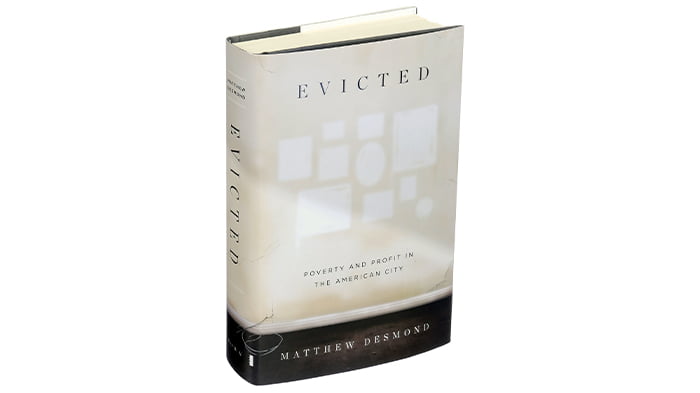
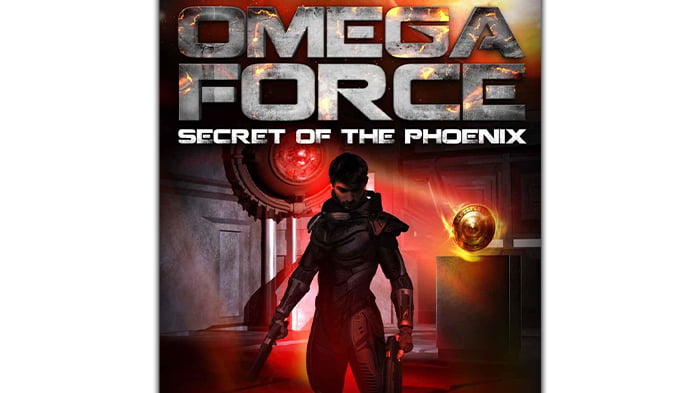
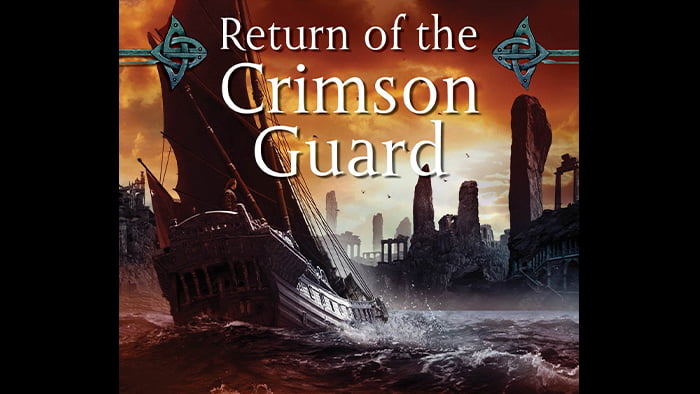
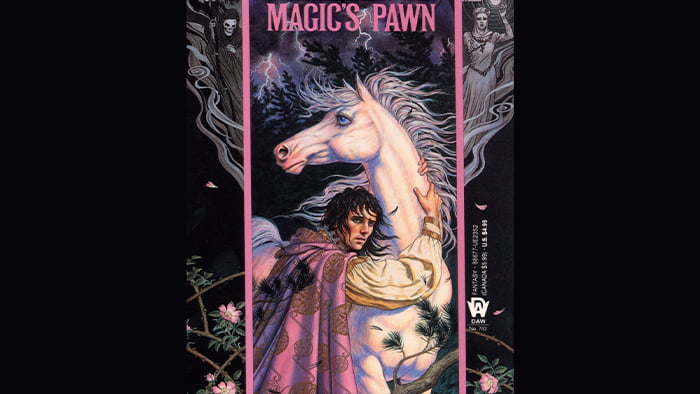
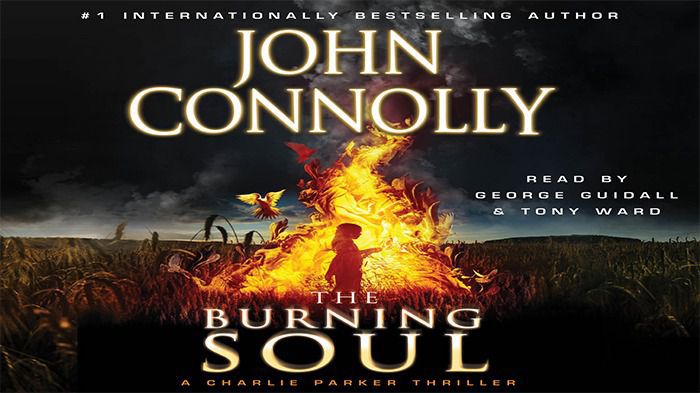


you are being very active with romcoms…im so happy king of envy, god of ruin, god of wrath, rewind it back all in one week….thts so good…………….can u please post ruthless empire or other rina kent stories
I’m so glad you uploaded this and fixed god of wrath…but now can you Pleaseeeee upload god of war…
And also wild eyes
Thank you very much for your services.
p.s.
Can we get : tears of tess by pepper winters. (Monsters in the dark)